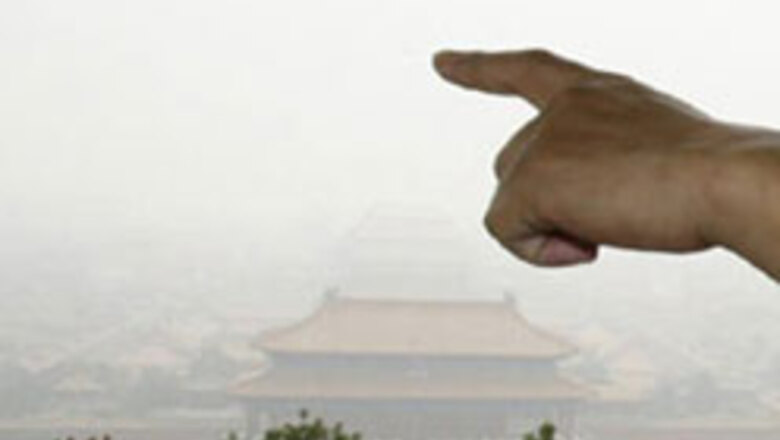
views
Beijing: Olympic host city Beijing was shrouded in haze on Monday, 11 days before the Games begin. This has raised anxieties about whether China will be able to deliver the clean skies that it promised to the world's top athletes.
The city's chronic pollution, a sometimes acrid mix of construction dust, vehicle exhaust and factory and power plant fumes, has been one of the biggest worries for Games organisers.
Beijing has ordered many of its cars off roads and halted much construction and factory production in an effort to cut pollution before the Games open on August 8. But a sultry haze persisted on Monday, and state media said that if the pollution persists Beijing might be forced to restrict more cars and shut more factories.
"More vehicles could go off the roads and all construction sites and some more factories in Beijing and its neighbouring areas could be closed temporarily if the capital's air quality deteriorates during the Olympic Games," the China Daily said.
Earlier, city officials had said that the haze was due to humid weather, not pollution.
Many athletes have delayed arriving in Beijing until the last minute to avoid bad air and the International Olympic Committee said it may reschedule endurance events to prevent health risks to athletes if pollution is bad.
Marathon world record holder Haile Gebrselassie has already pulled out of the marathon over fears of damaging his health.
On Monday, the Australian Olympic Committee said its athletes would be allowed to withdraw if pollution poses a threat.
"For us the athlete's attitude to the event is paramount," Peter Montgomery AOC vice president told reporters.
For four days up to Monday, Beijing had not experienced a "blue sky day", when the pollution index meets the national standard for "good air quality."
Hong Kong, host of the equestrian events, was also badly polluted on Monday after a week of clear, blustery weather.
Li Xin a Beijing Environmental Protection Bureau official told the Chinese-language Science and Technology Daily the emergency pollution plan is likely to come out this week.
Li said proposed stricter controls on vehicles and factories also covered Hebei province and the port city of Tianjin, both next to Beijing.
Taxis, buses and Olympic vehicles are exempted. Heavily polluting factories, such as steel plants, around Beijing have also been closed.
Greenpeace gave a mixed assessment to Beijing. It noted energy-saving technology in Olympic venues, stricter vehicle emissions standards and expanded public transport. But it said clean-up efforts were hampered by lack of policy transparency and independently verified data.










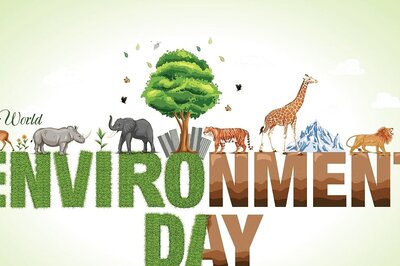
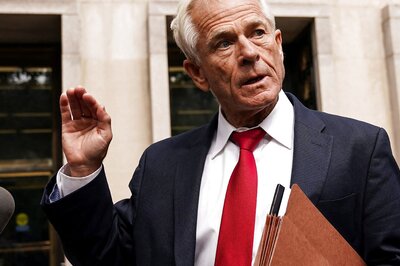


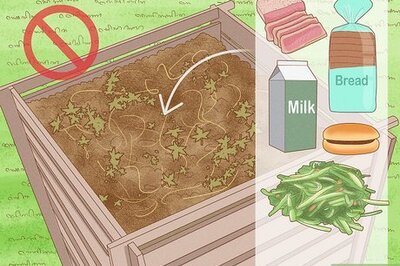
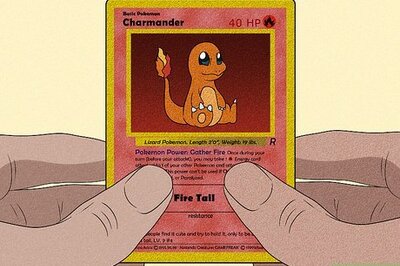


Comments
0 comment